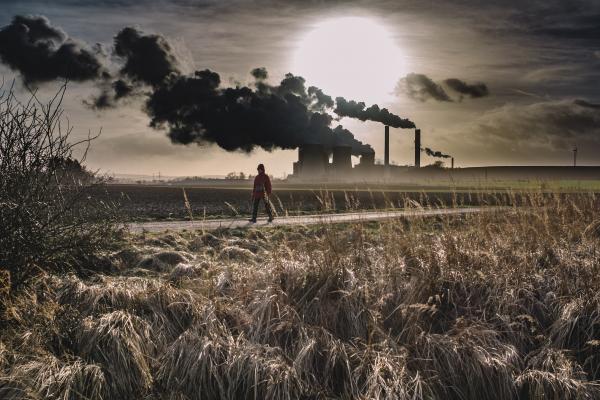Oct 16, 2018
A new United Nations report by the Intergovernmental Panel on Climate Change (IPCC ) paints a dire future for life on earth. Even if nations are able to fulfill commitments made during the 2016 Paris Agreement, the report asserts that the world is still headed in the direction of warming by 3 degrees Celsius or more - a temperature increase that would drive worsening food shortages, wild fires, heatwaves, coastal flooding, and poverty.
Read the Full Article

Already a subscriber? Login
